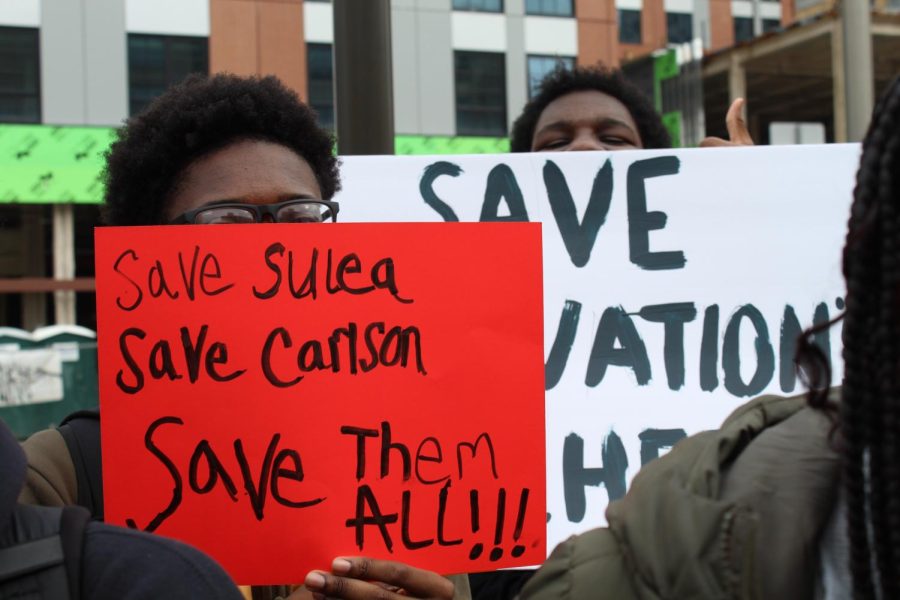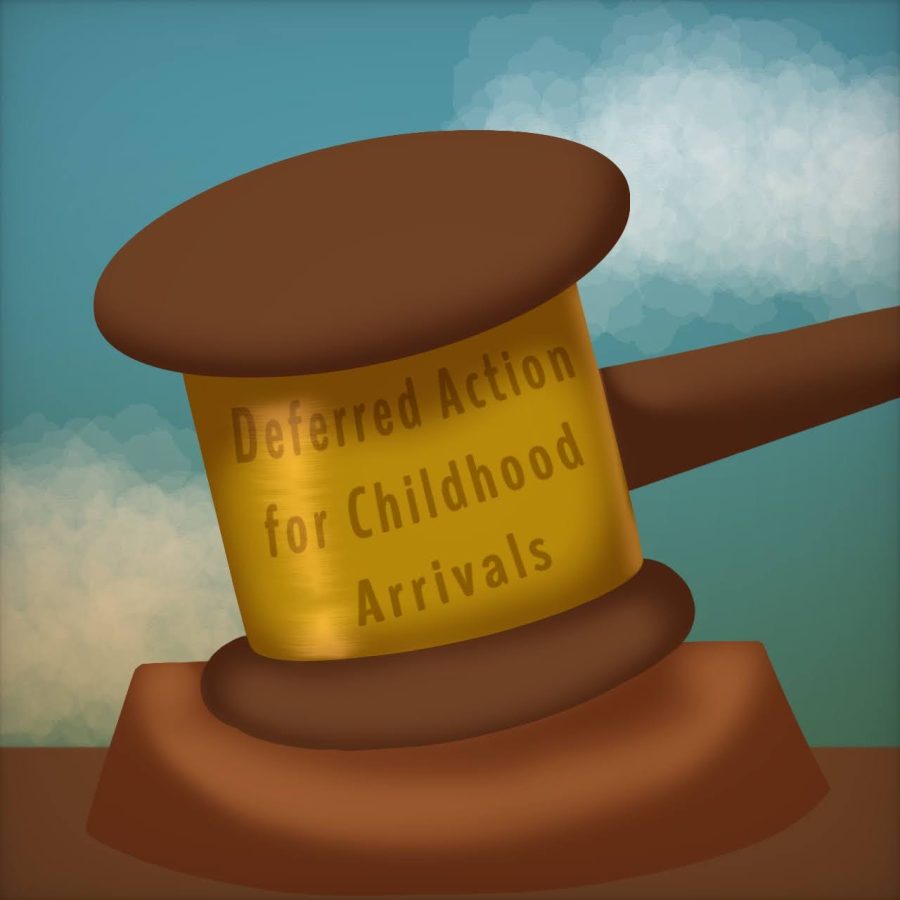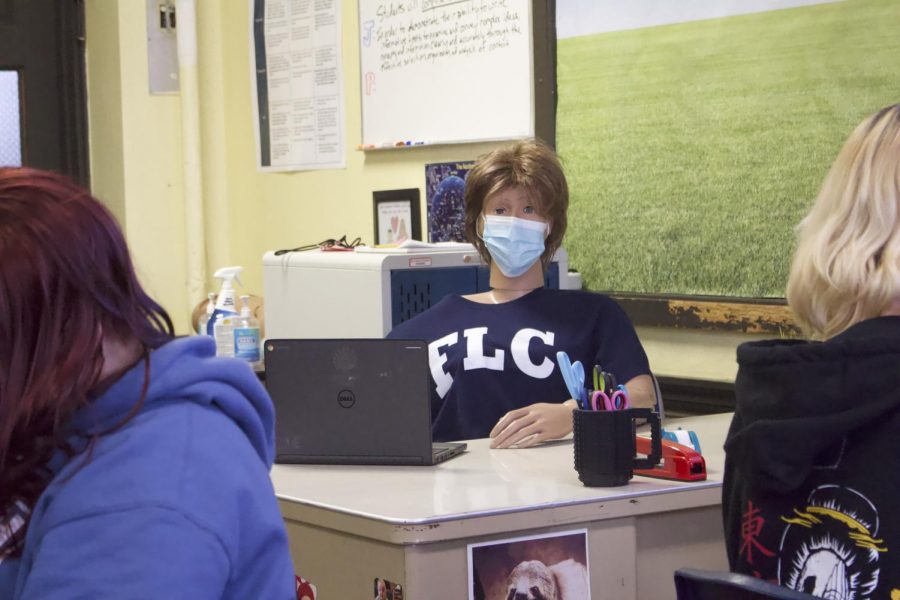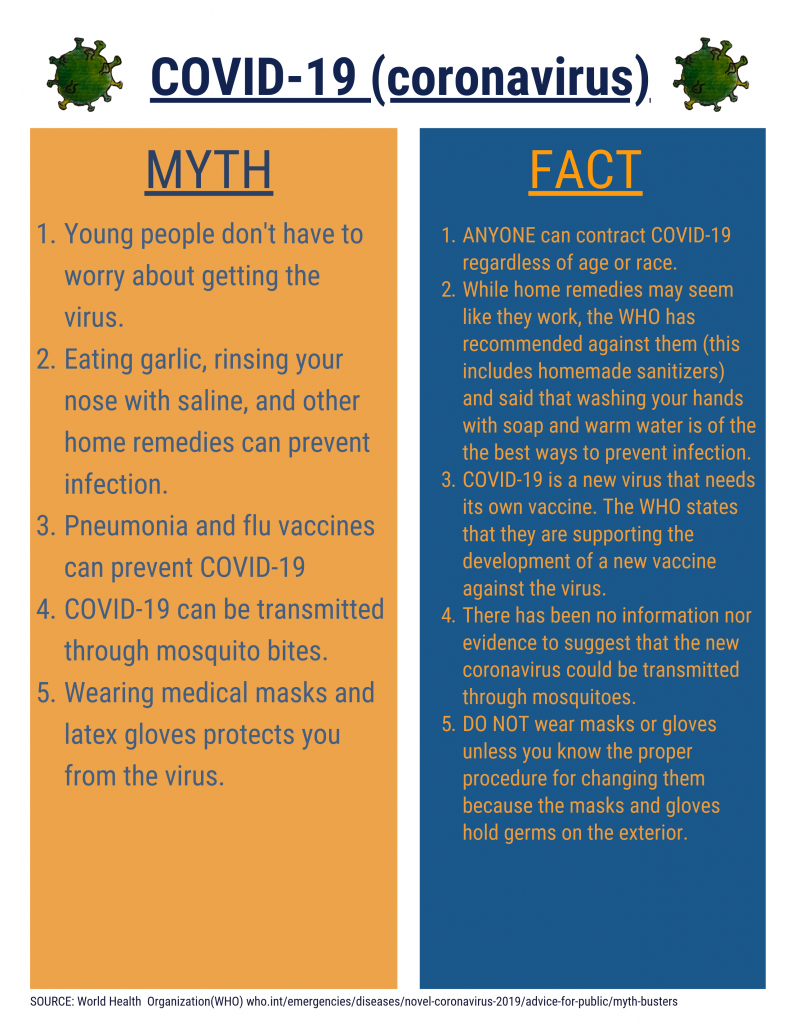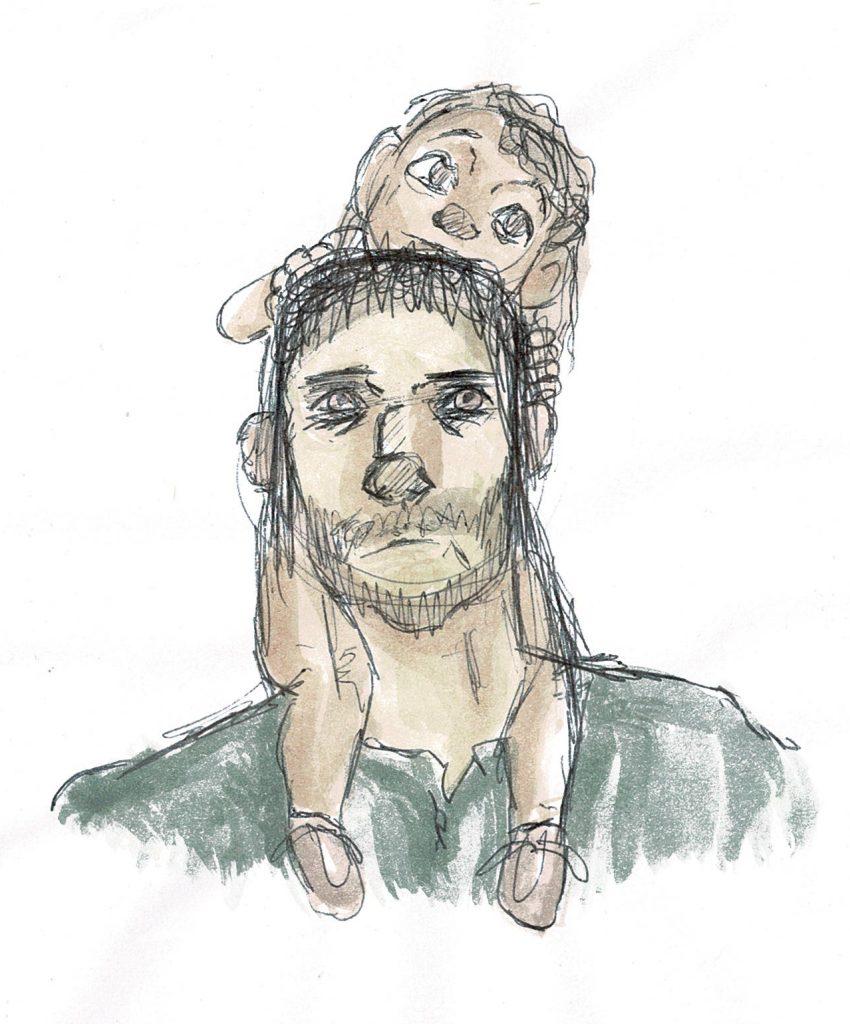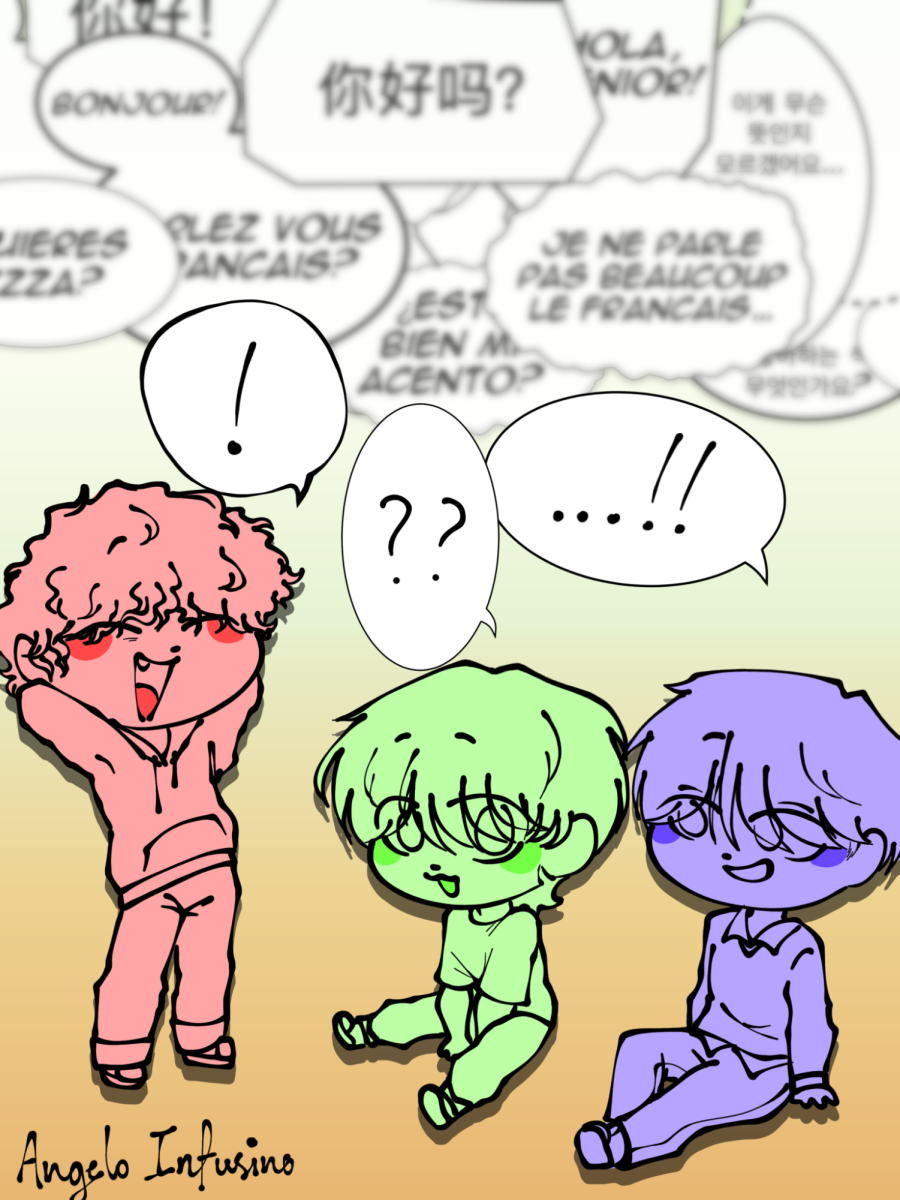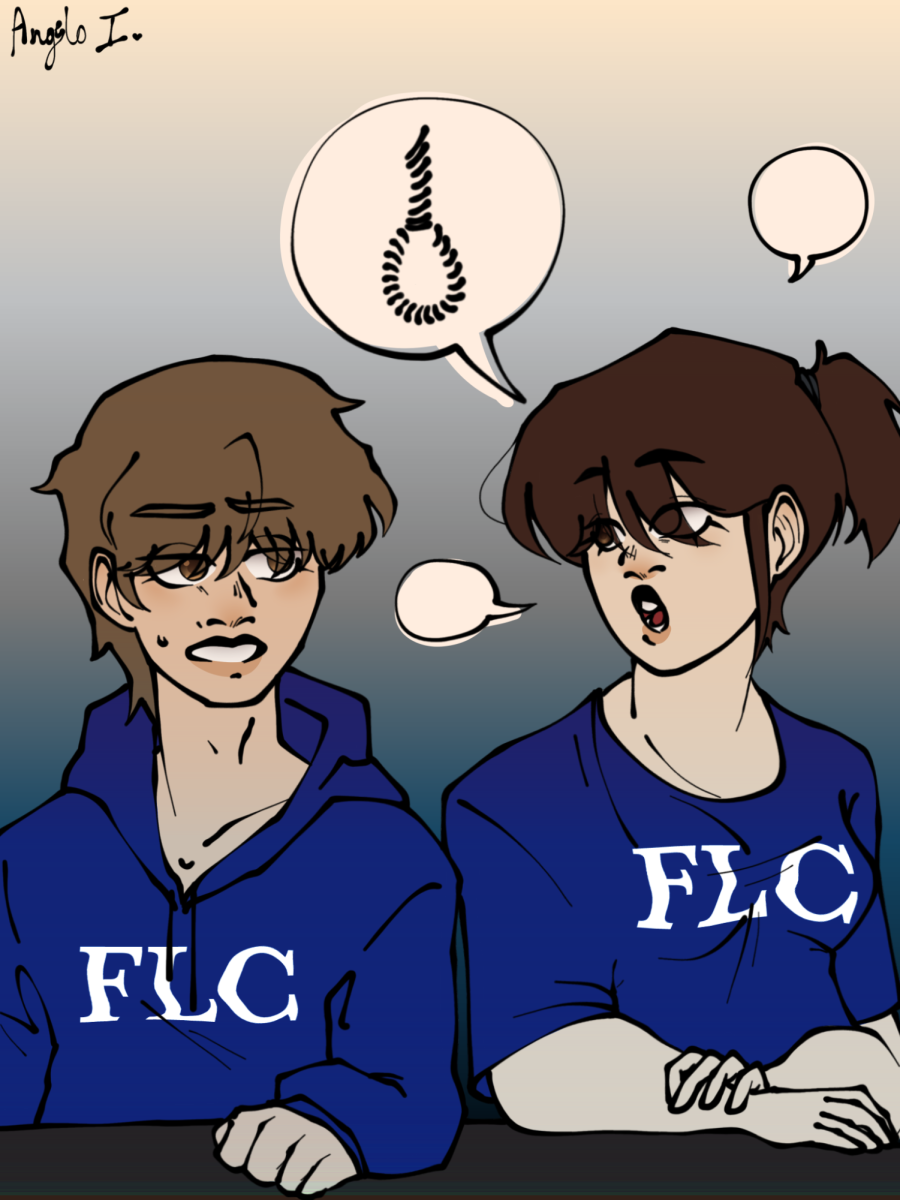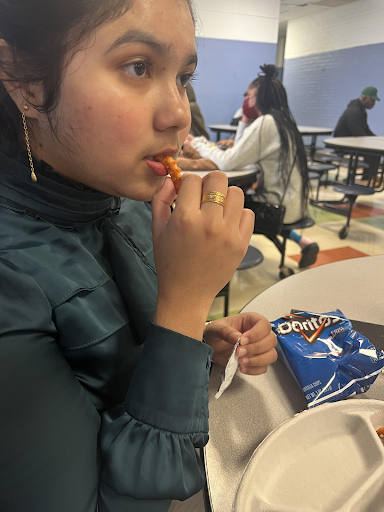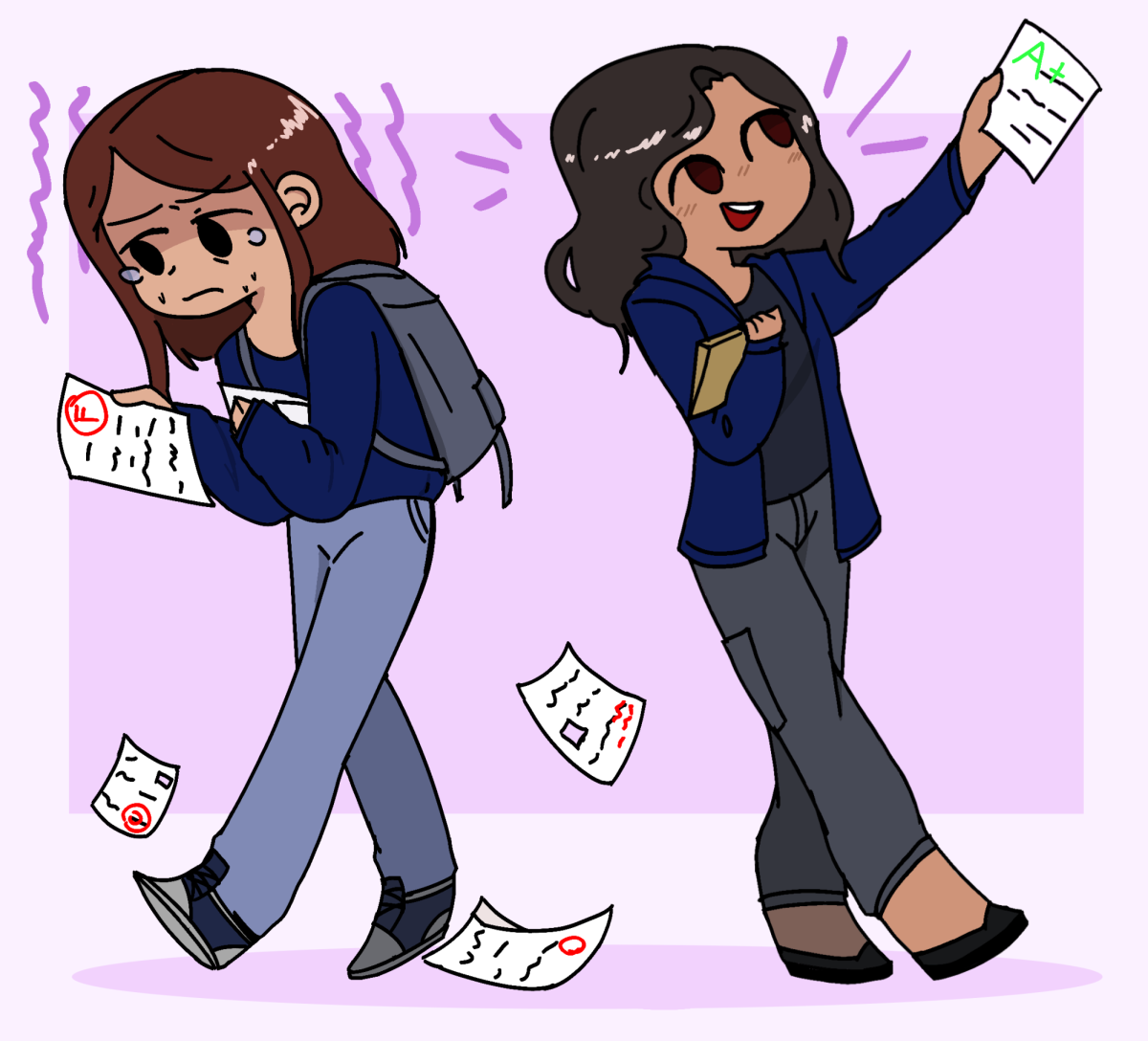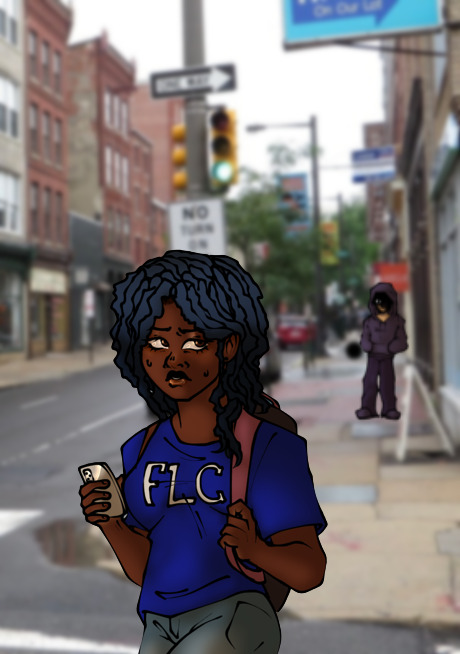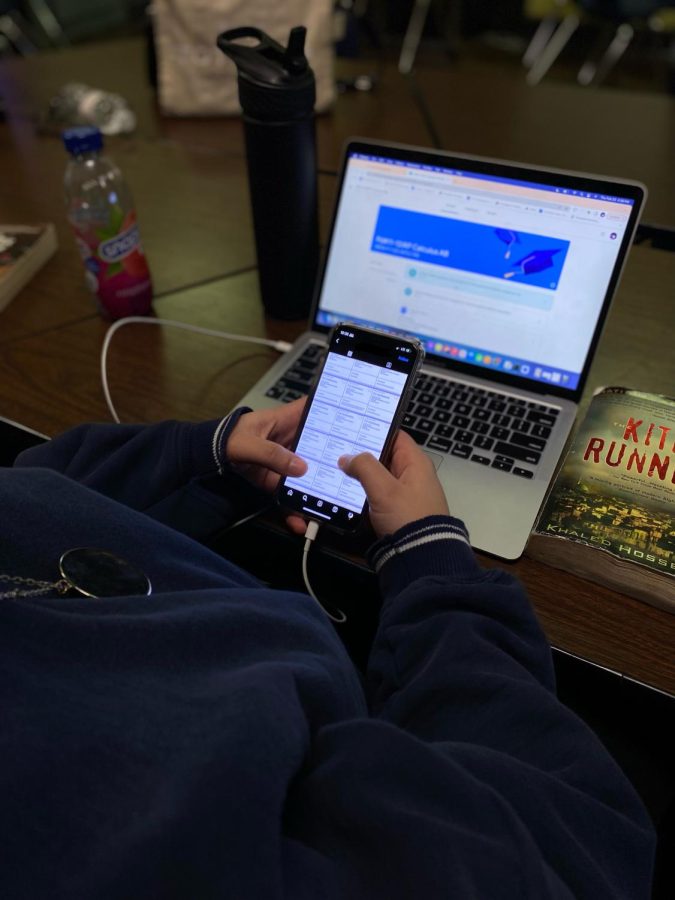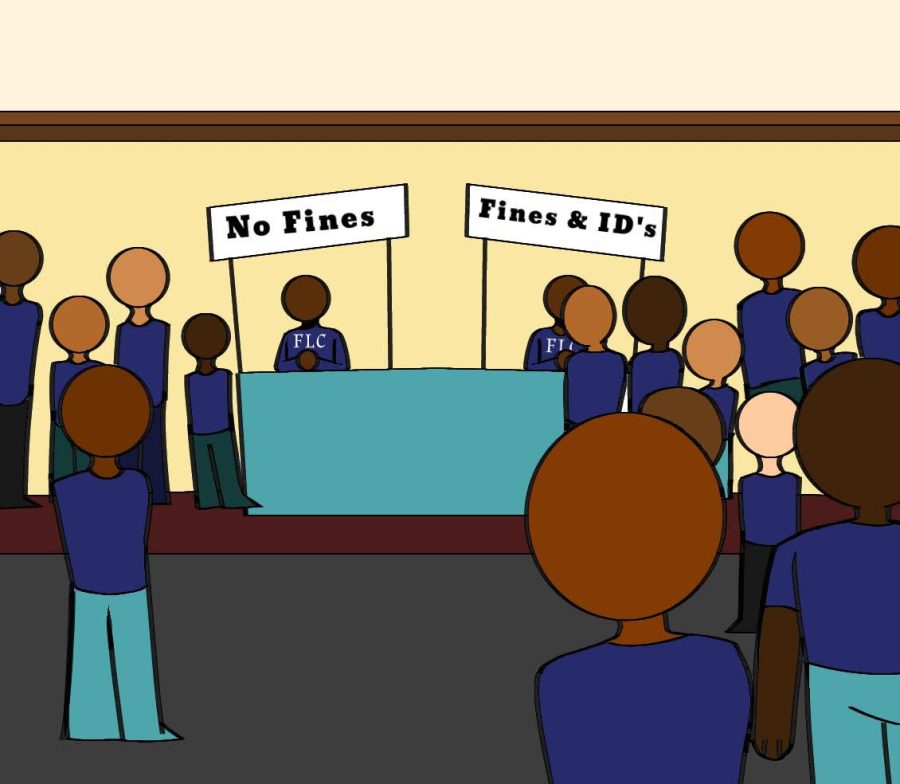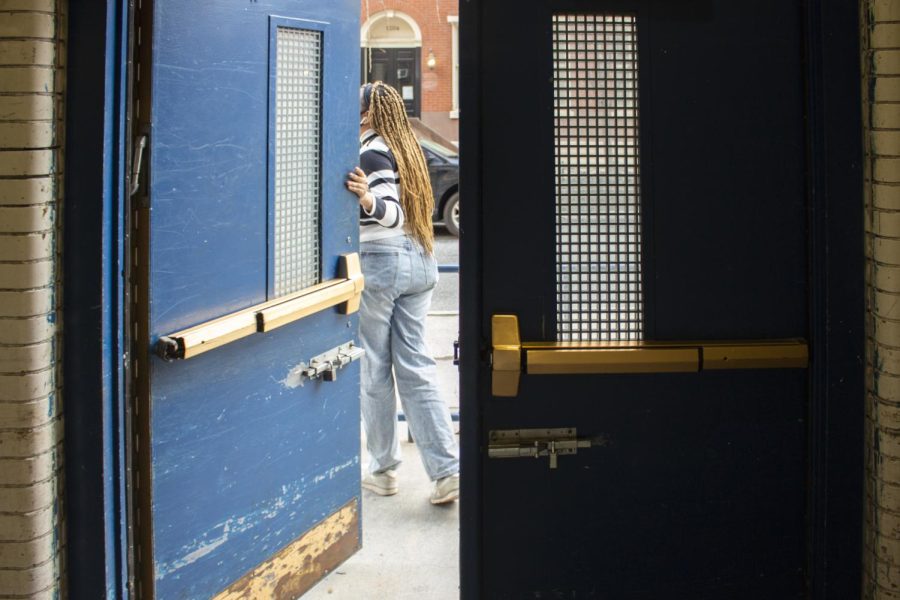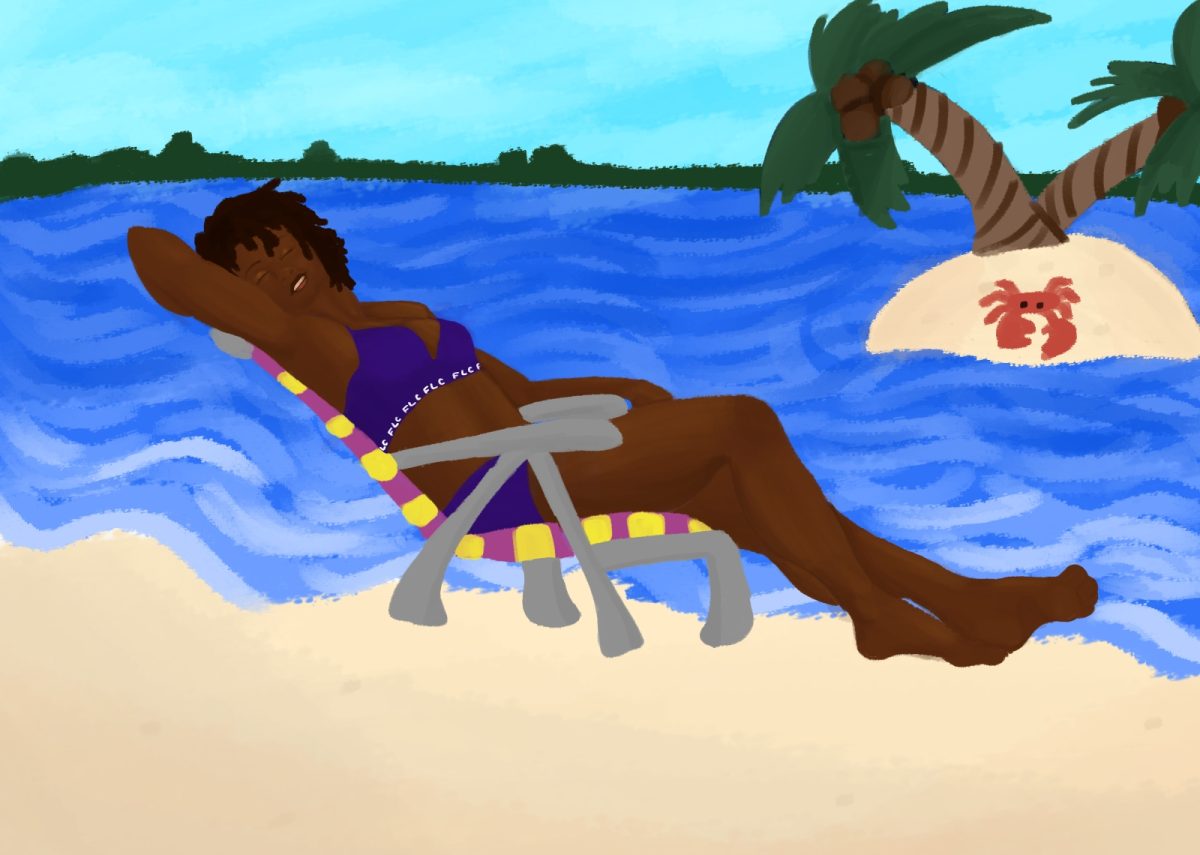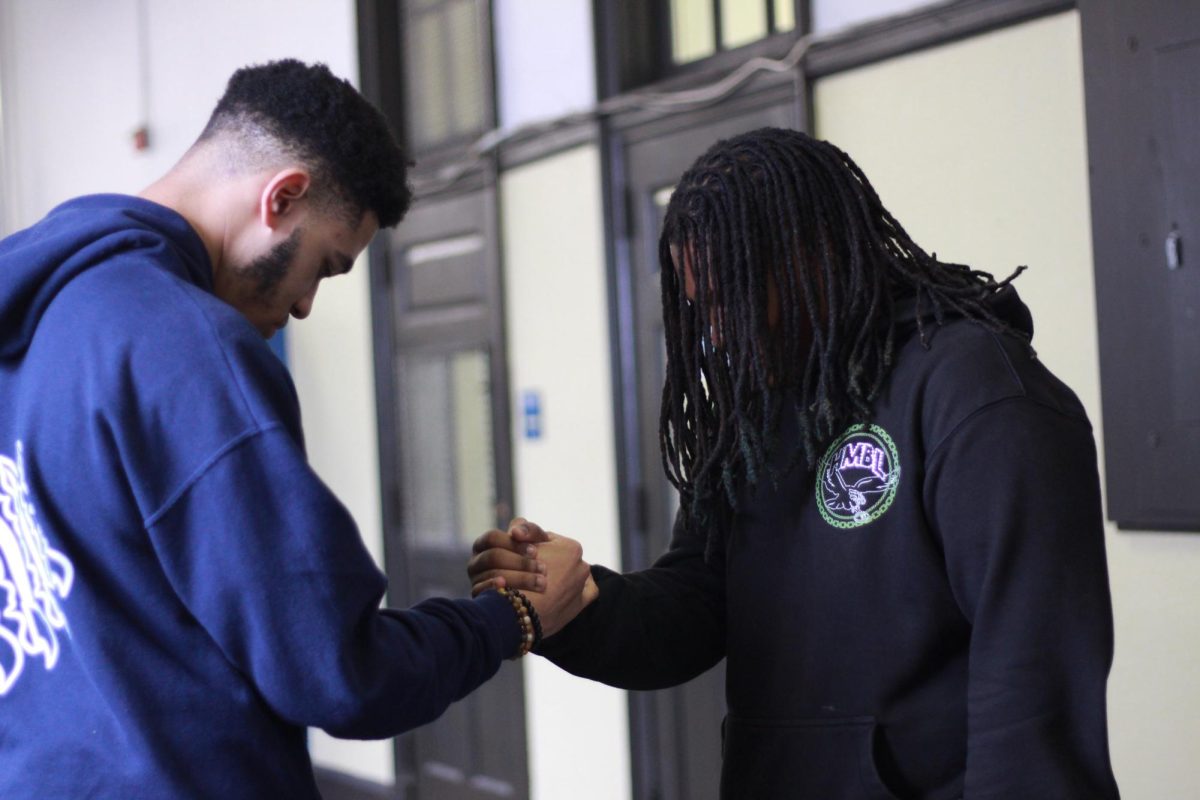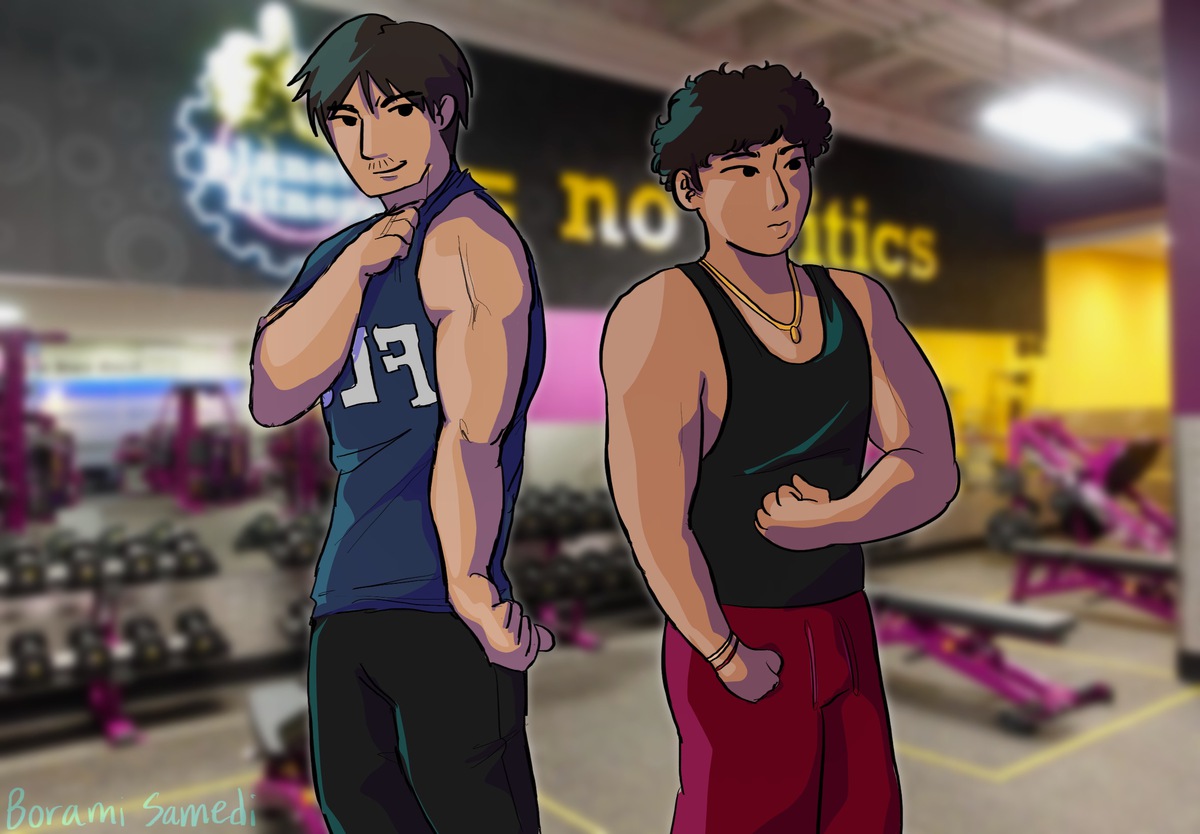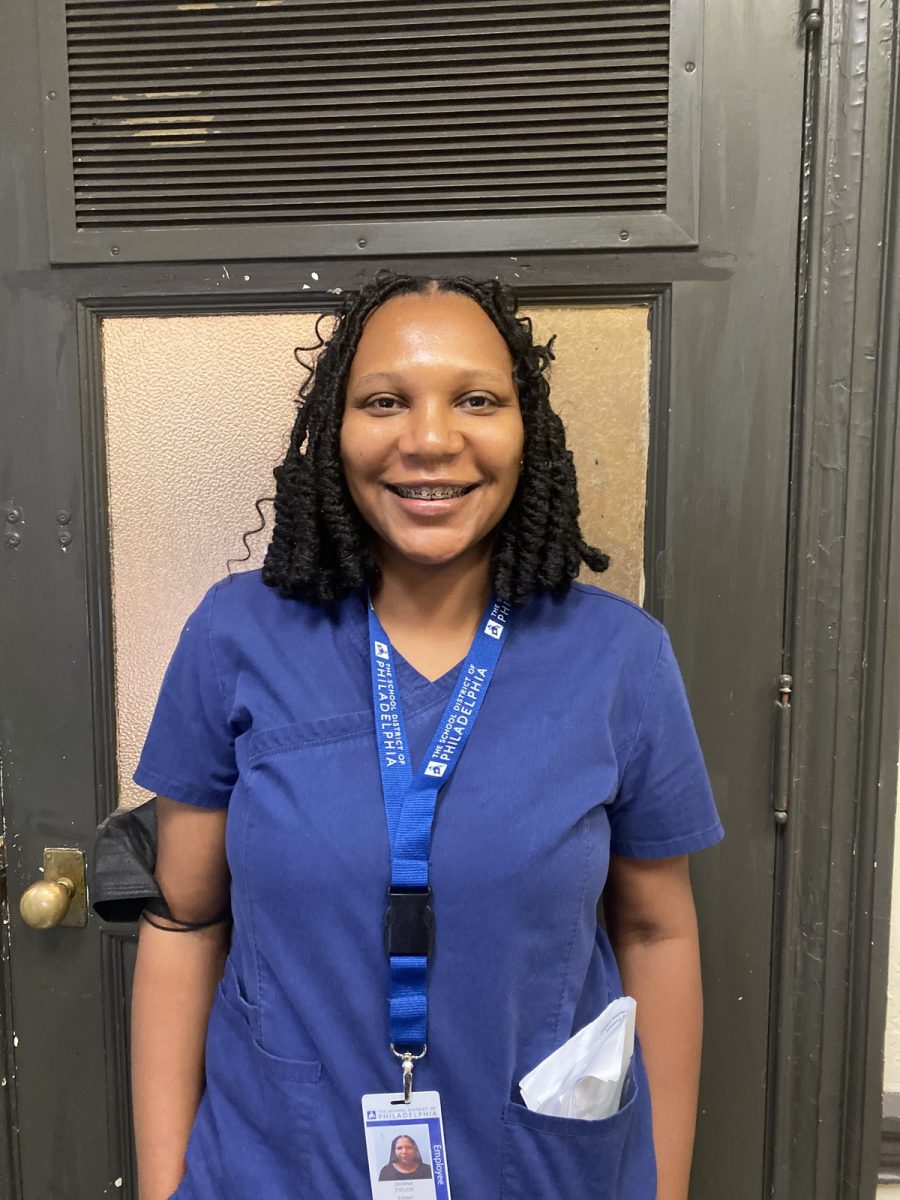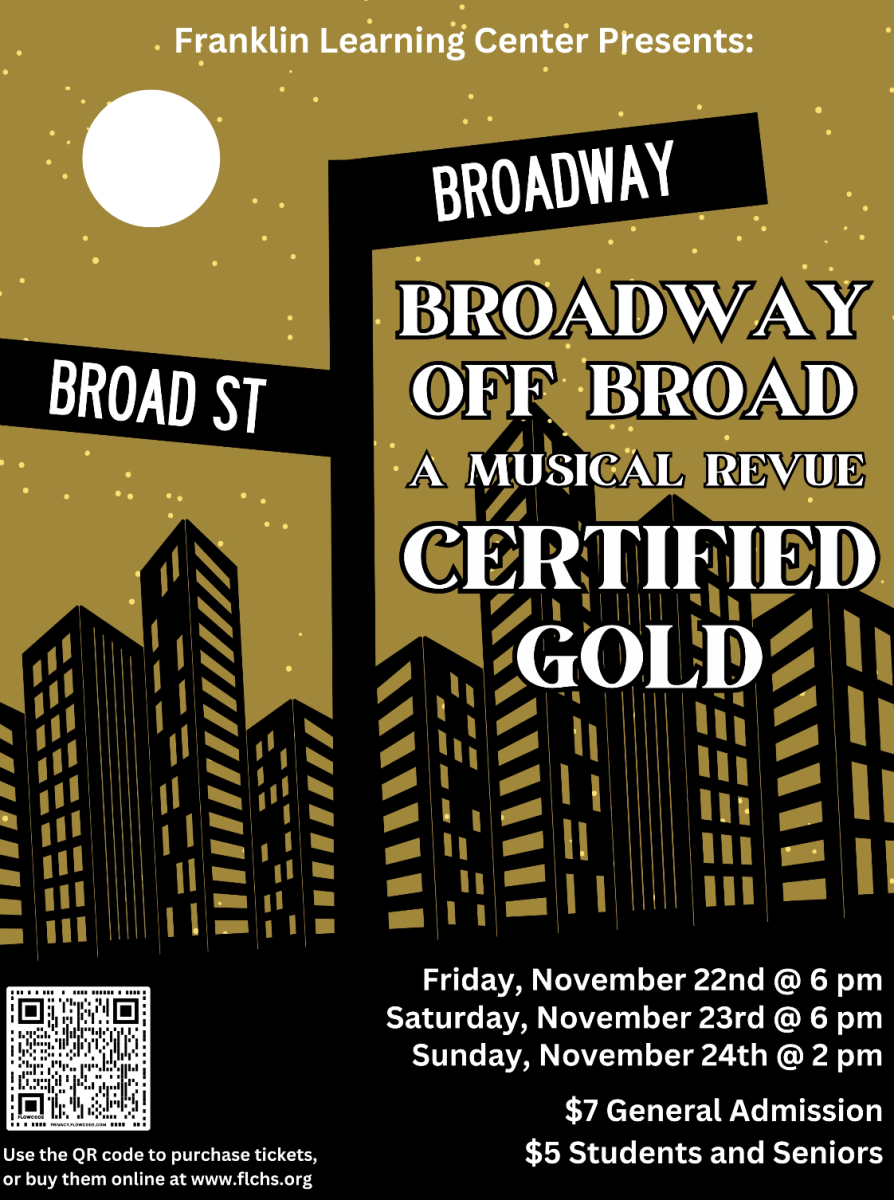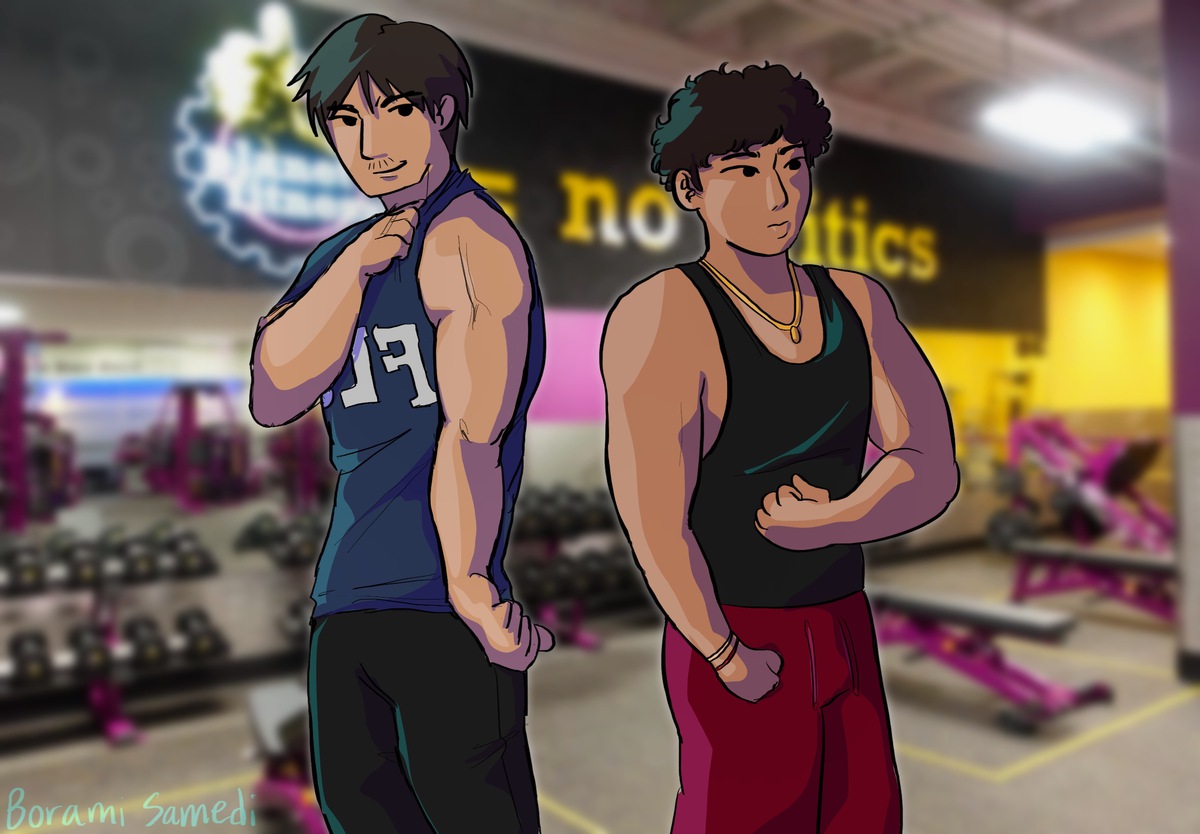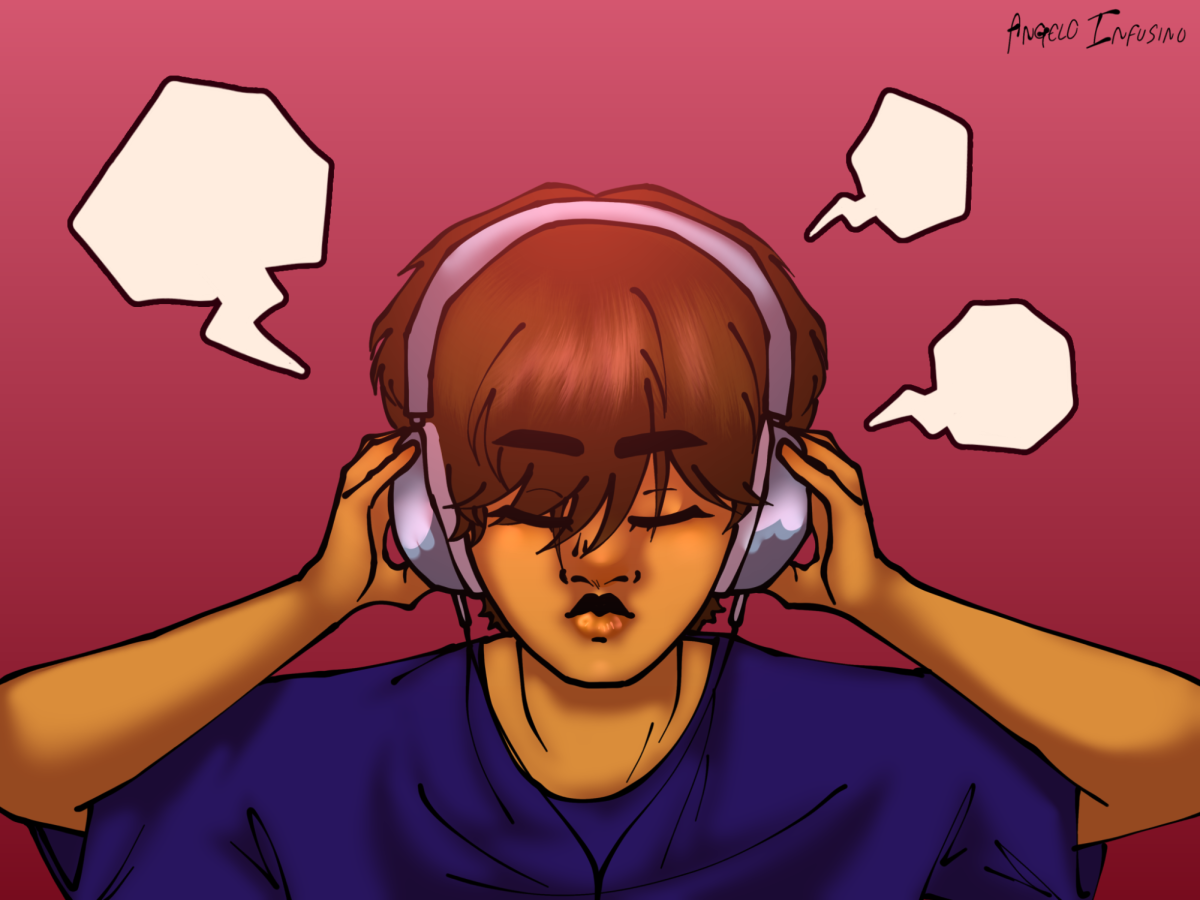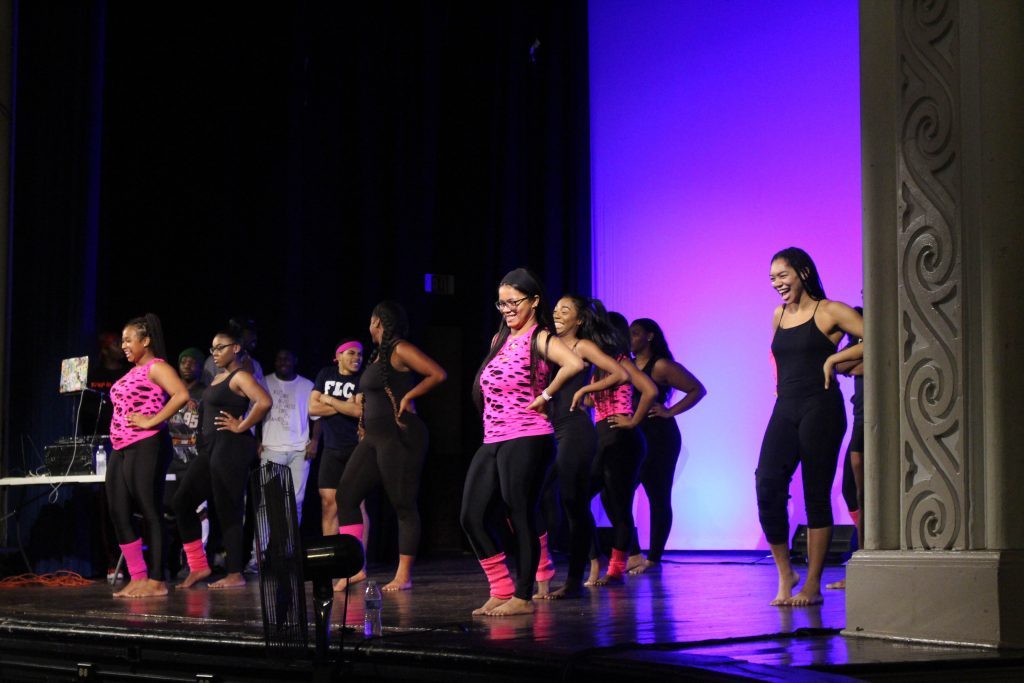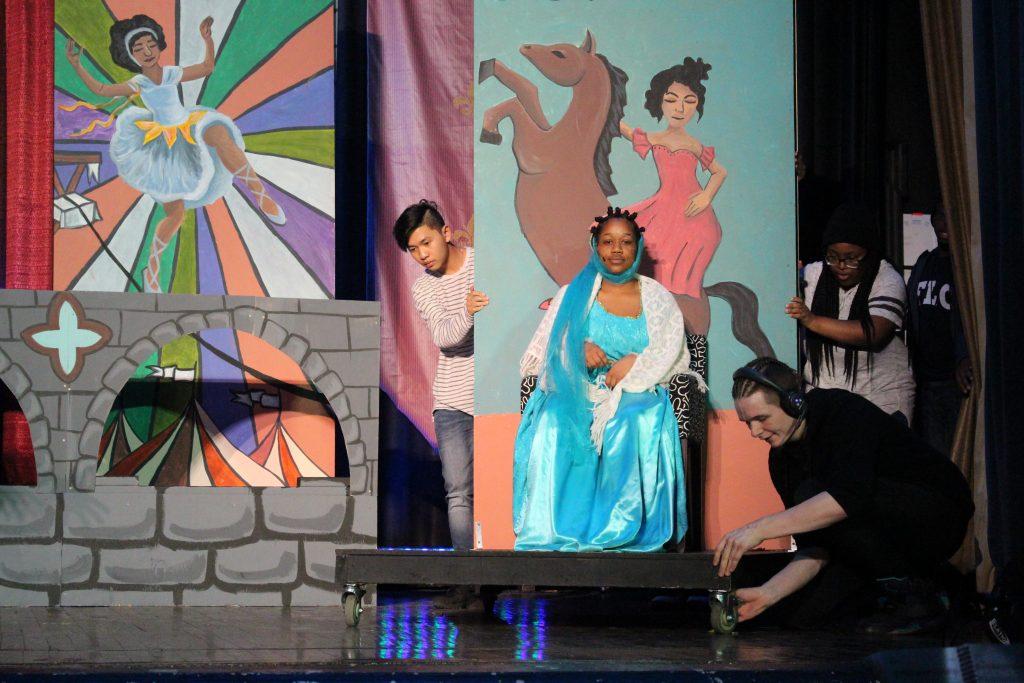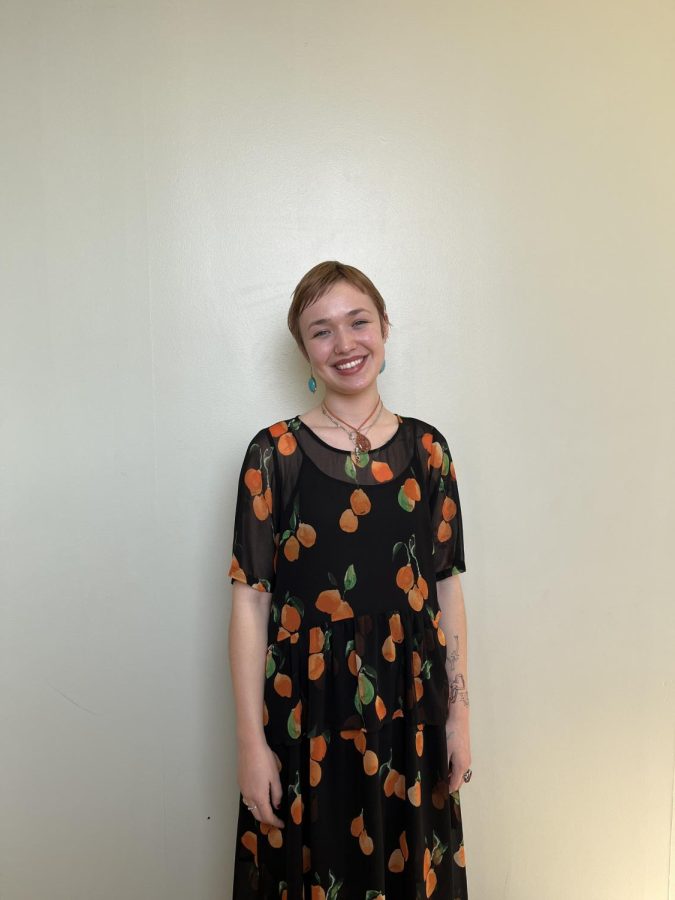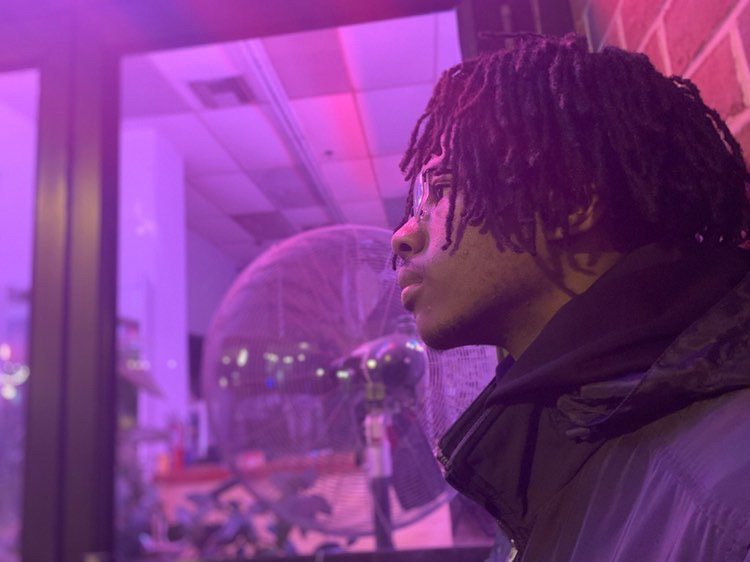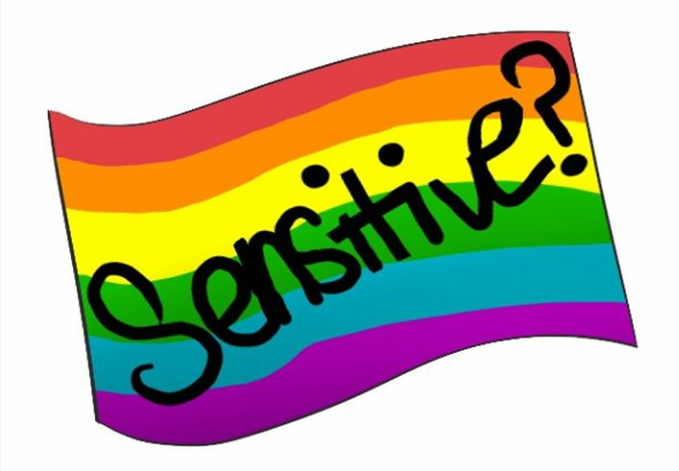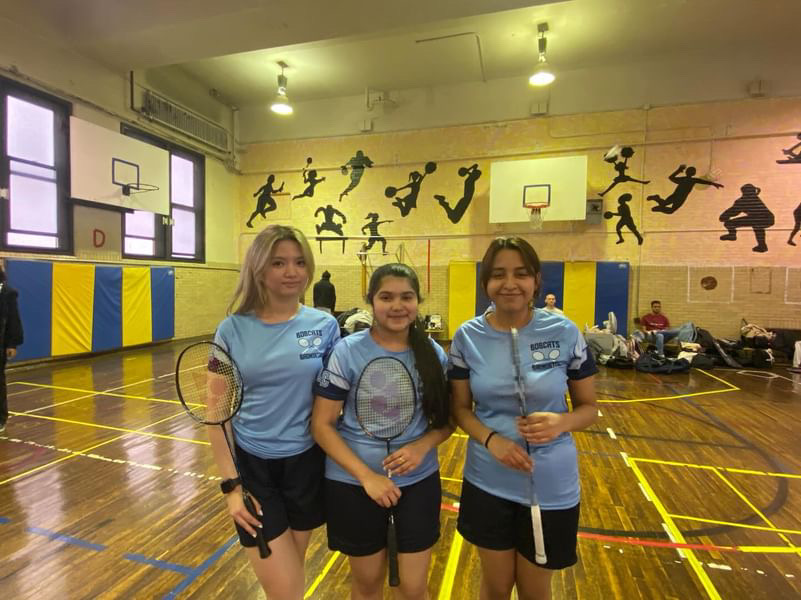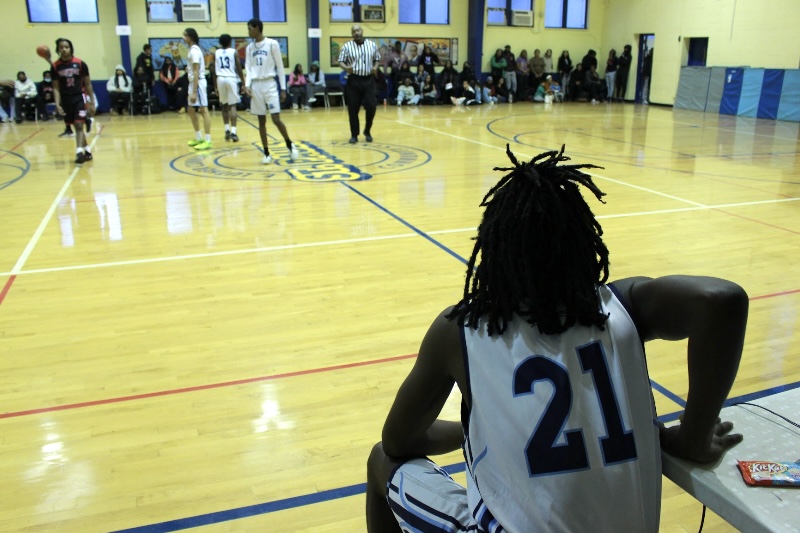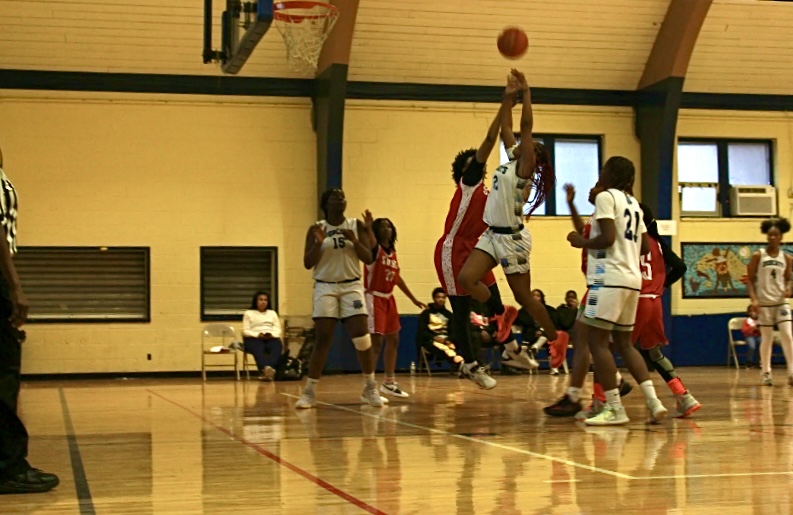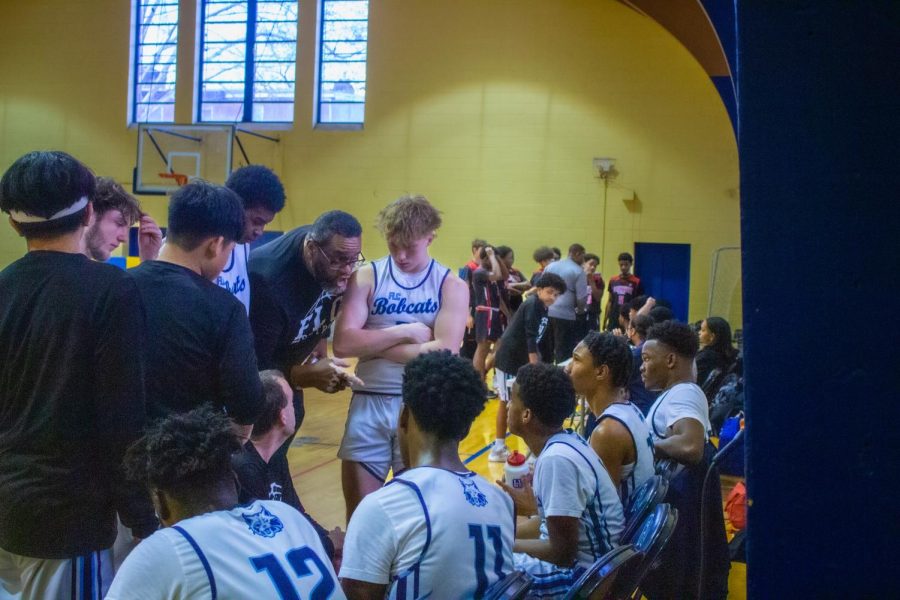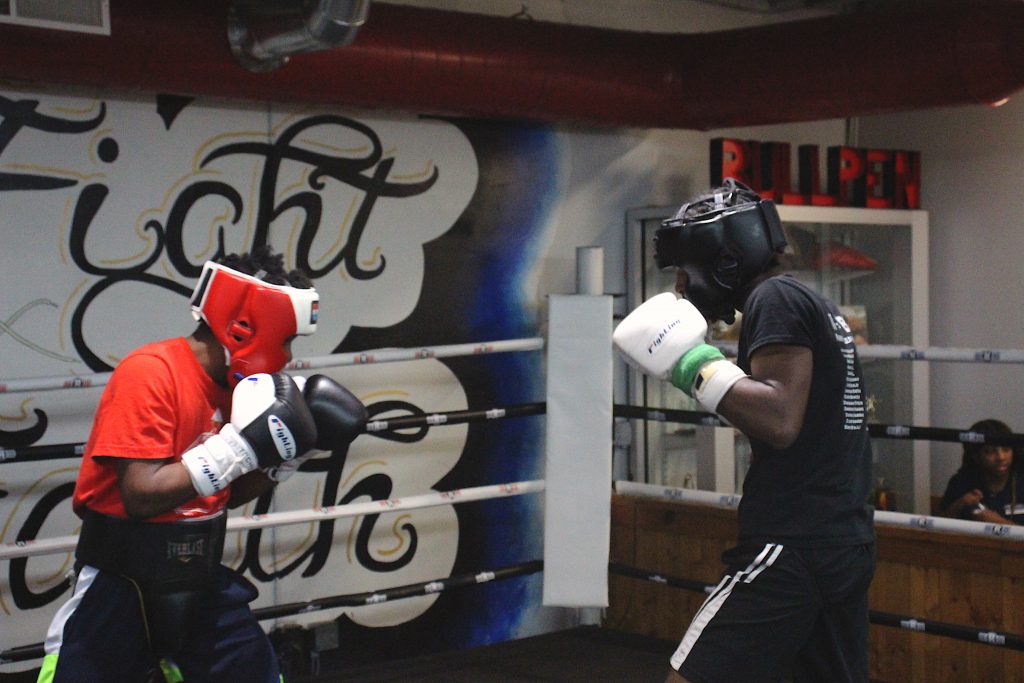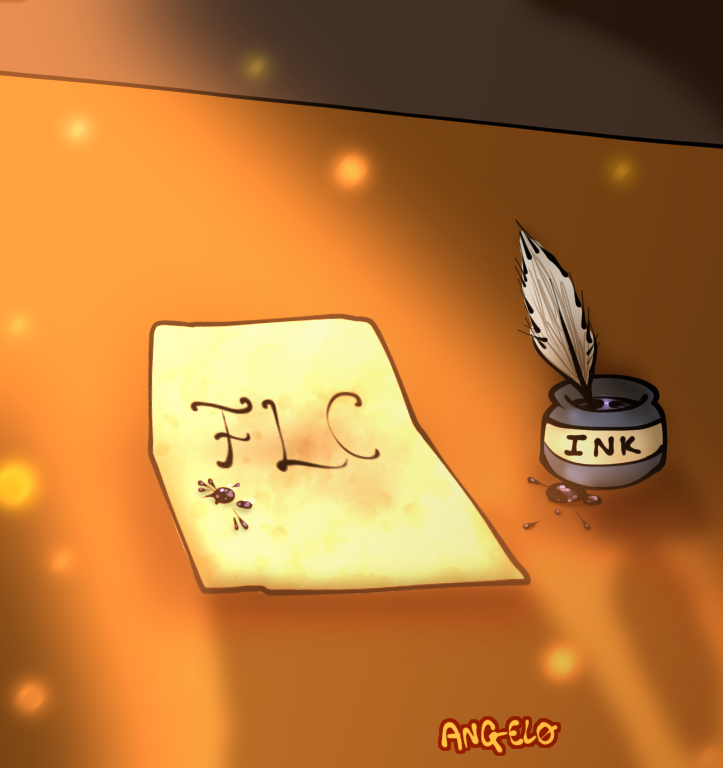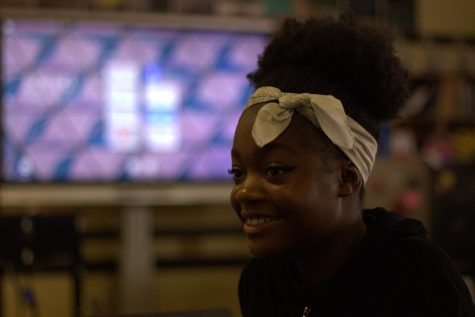Shining a spotlight on FLC’s poets
A sunlit letter to Franklin Learning Center, albeit messy with spilled ink
May 26, 2023
Poetry is an art form that has existed for centuries. It’s countless benefits and alluring nature has stood the test of time and continue to draw in writers young and old. April is National Poetry Month so it would only be appropriate to spotlight poets at FLC and ask them how poetry has helped them throughout their lives.
Malika Turner is a Medical Assisting Major who has been writing poetry for 2 years. Poetry has benefitted her in terms of connections through building communication skills.
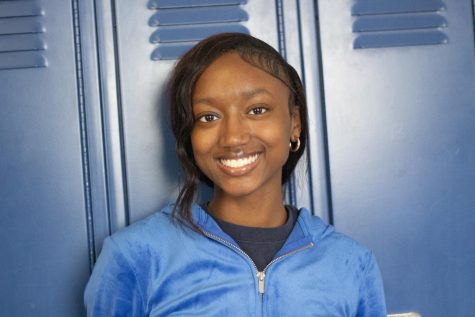
“Poetry has helped my relationships by allowing me to express myself in a way that I am more familiar with. It helps me to let others know what it is that I feel,” said Turner.
Despite the benefits that poetry has made to her relationships, she feels that poetry has also made a difference in her academics. She feels that poetry allowed her to soothe negative emotions which helps her thrive in school.
According to an article by CNN.com that describes the psychological benefits of the hobby, poetry can have that effect on people. It is known to boost mood and reduce stress. This can help you focus on parts of your life that make it worth living. Or focus on your school work. This is why many people turn to poetry in times of trauma or grief.
“Poetry helped me through school by allowing me to relieve stress. Whenever I write, I can put my feelings on paper and let them go. It has also helped me connect with others at school due to similar experiences that I write about,” she said.
Jasmin Riggins is a Business Major who has been writing poetry for more than 4 years. Riggins also feels poetry is a good outlet for emotions. Besides that, she feels it helps her express herself in creative ways.
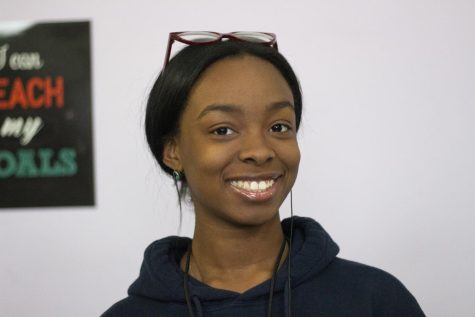
“Poetry started as a way for me to write down my emotions in a journal in a creative way. I pride myself on being unique and having complexity, so naturally, I grew to love poetry because I thought I could be the most creative in writing.”
For Riggins, poetry also helped her create closer connections with her peers and helped her appreciate other forms of art.
“I feel that poetry allows the people I care about to get closer to me in a meaningful way. I usually am successful in getting closer to people through poetry…Poetry opened a door for me to appreciate different types of visuals and the art of photography.”
In terms of connections, Turner also felt that the interpersonal poetry has taught her has made her a better person.
“Poetry has made me a better person by allowing me [to] be a resource or outlet for some people. Through poetry, I am able to be a person that people can confide in [in] their most vulnerable state. And it has made me very grateful for some of the things that I have that others do not. Poetry has unexpectedly made me more understanding. I used to have a really biased way of viewing certain things but as I write and hear the feedback and the shared thoughts and others’ experiences in general, it made me a more compassionate and under- standing person.”
According to Edutopia, writing poetry can expand your worldview and criticize societal norms due to the inspiration that can be drawn from other poets. This can make you a more impartial and open-minded per- son as can be seen in Turner’s case.
Aidan King- cade, a College Prep Major, has found that poetry has helped him become a better writer.
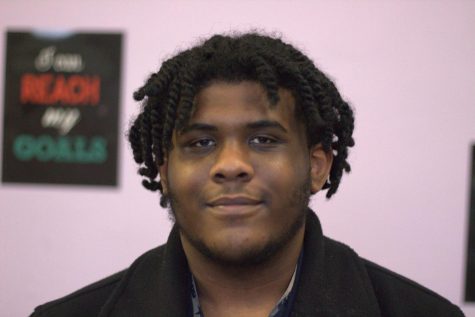
“Ways poetry has helped me through school are mostly in English be- cause I noticed in high school if you leave the grammar practice, sentence structures, and all of that and start going into more concepts and ideas in the world. In a way, some people decide to bring their ideas to life through poetry,” he said.
Poetry has been known to expand your writing skills by introducing you to vocabulary that you otherwise wouldn’t have known. This can help you succeed in writing classes and even make you more articulate. Being more articulate can also help your relationships and draw people towards you.
He believes that a lot of writing can be seen as poetic if you disregard structural differences.
“Good examples of these are works like “The Raven” by none other than Ed- gar Allan Poe. In the poem, it’s…about a man who is grieving about his dead wife
and how the grief will never leave him… He presents himself in this poem as a crazy man who’s talking to a raven to convey his feelings and ideas of grief to us, the reader.”
Unlike Turner, Kingcade felt that poetry has only indirectly helped his interpersonal skills…
“Has poetry ever helped me in relationships? Not directly, no, but the skills to understand poems and to be able to make one have helped in a couple of my relationships. When it comes to friends, they always tend to say that I always say the right thing, and maybe I have got- ten that a little from poetry. When it comes to my more romantic relationships, I tend to have a good vocabulary for some people, and that sometimes helps me make better connections with them,” he said.
Kingcade felt that though, poetry is something he enjoys doing, it hasn’t assisted him in any significant way
“I wouldn’t say poetry is a life-changing thing for me; I see it as entertainment. But maybe it explains some of my love for Gothic themes like “The Raven” or basically any other Edgar Allan Poe poem (I love him).”
Poetry may be entertaining for some people but not for all the same way that poetry may be beneficial for some but not for all. In Aidan’s case, he found it in- interesting but not life-changing and that’s okay. If poetry isn’t your cup of tea, don’t worry. There are many other ways to express yourself that can help in ways that poetry has helped Turner and Riggins.
“I wouldn’t say poems made me a better person, but they gave me some tools to become a better person. Because with poetry, you’re able to control language in a very complex way, and it’s up to you if you want to use it for good or not.”- Aidan Kingcade

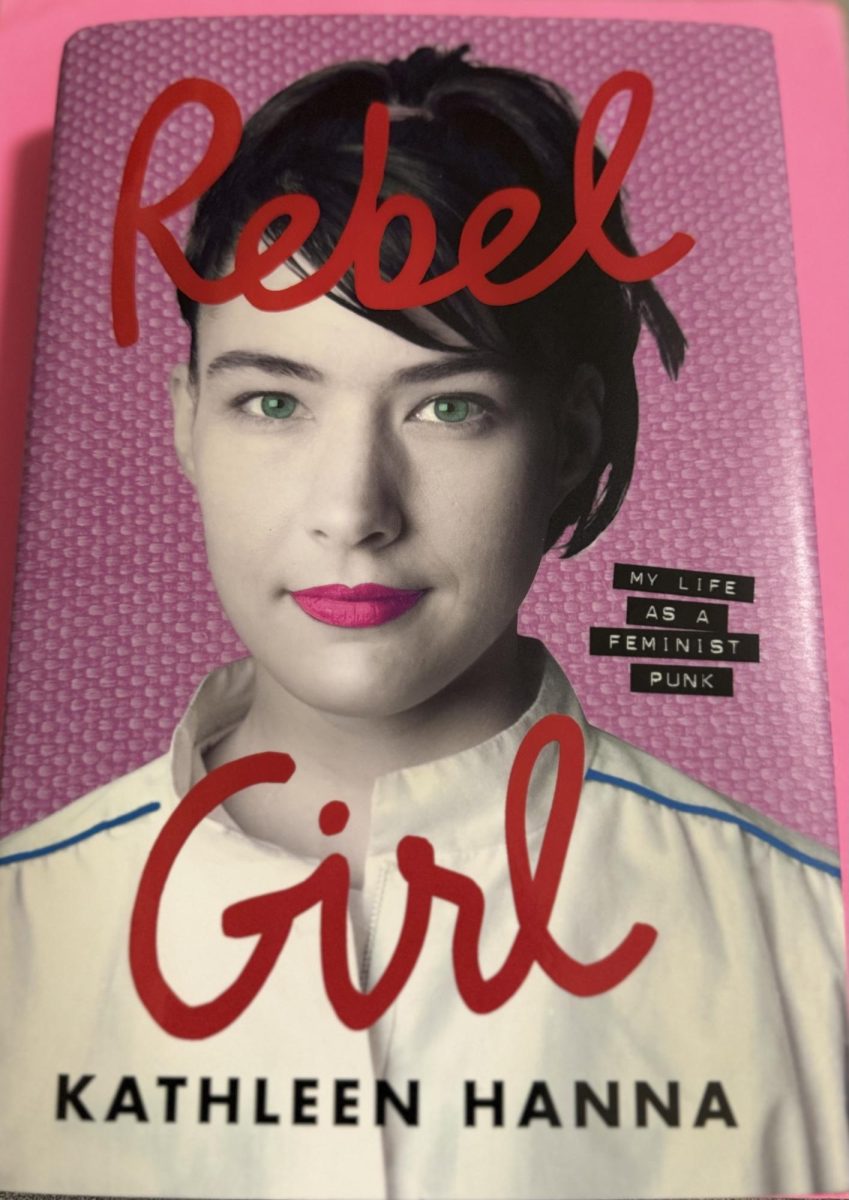
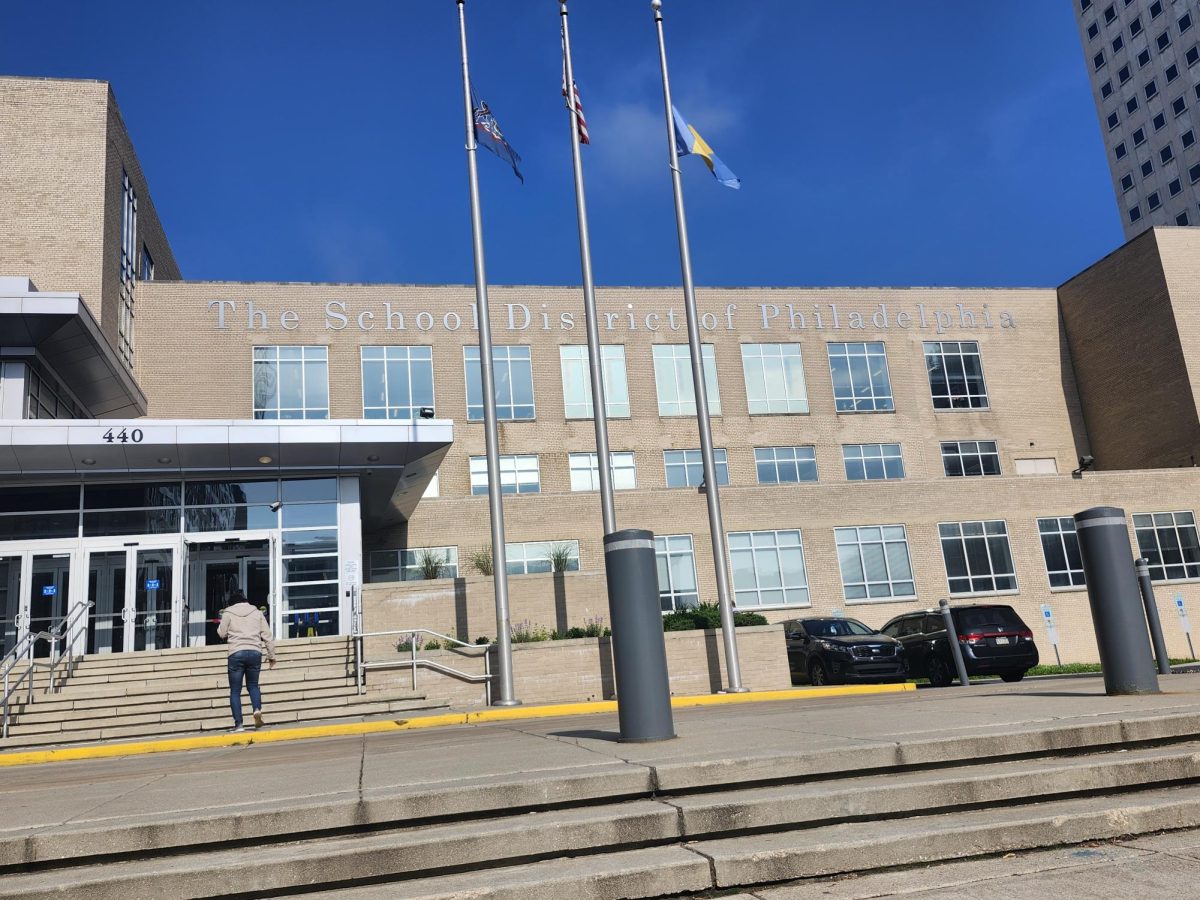

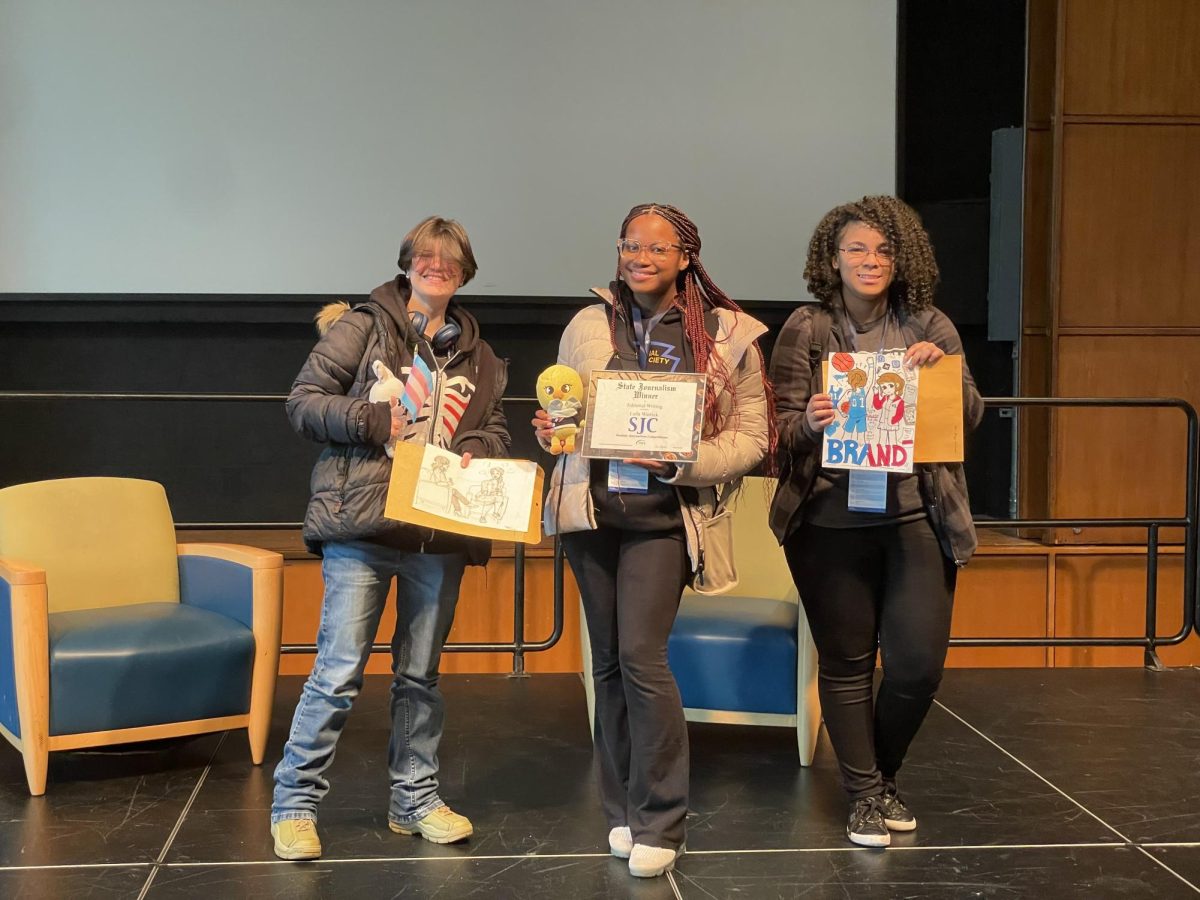
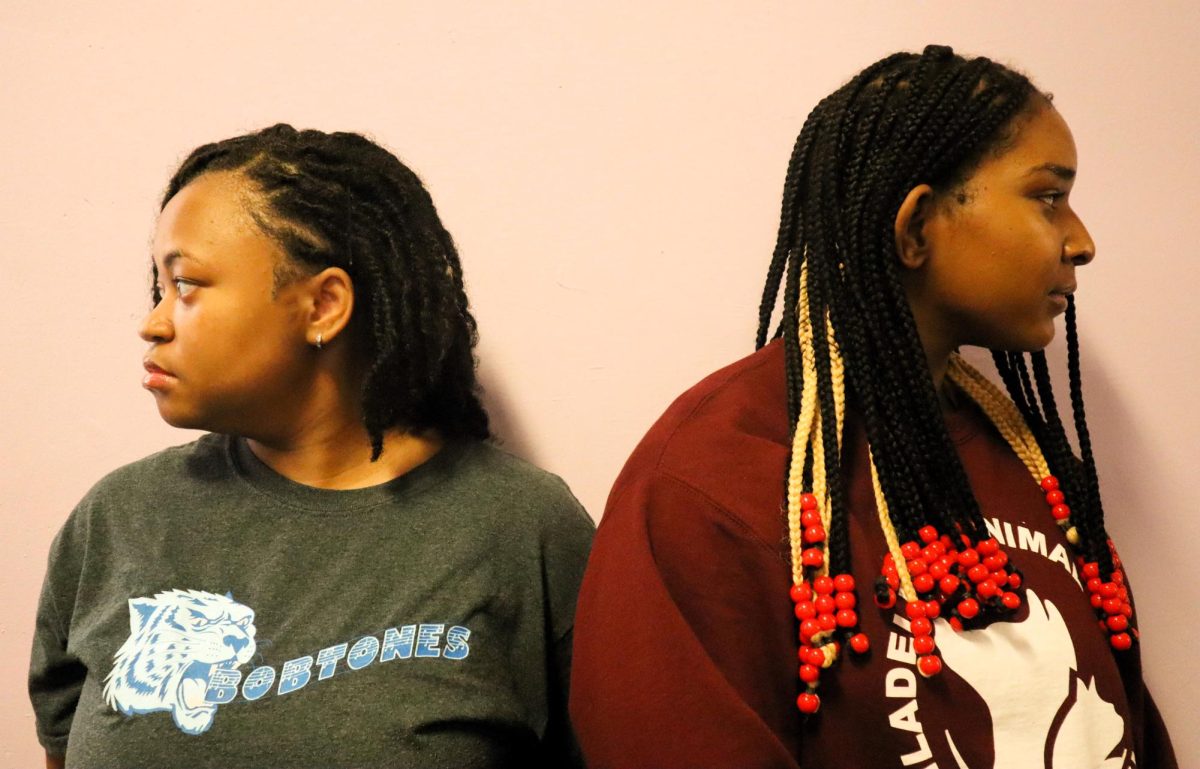
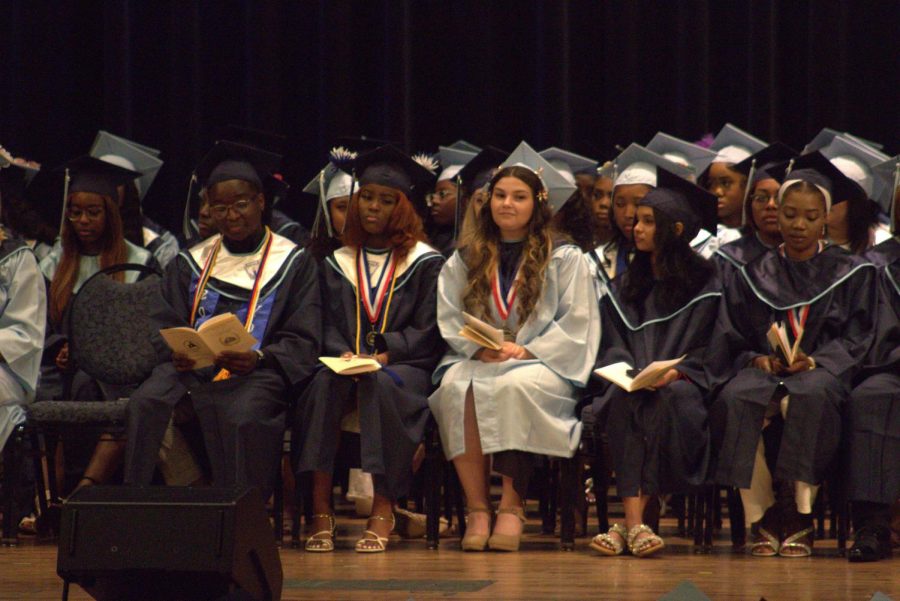
![[VIDEO] FLC 10th grade student awarded $40,000 in a BigFuture Scholarship](https://theflashflc.org/wp-content/uploads/2023/05/Screen-Shot-2023-05-02-at-4.39.10-PM-900x493.png)
![[VIDEO] Mayoral candidates campaign on student issues](https://theflashflc.org/wp-content/uploads/2023/04/IMG_1387-900x506.jpg)
